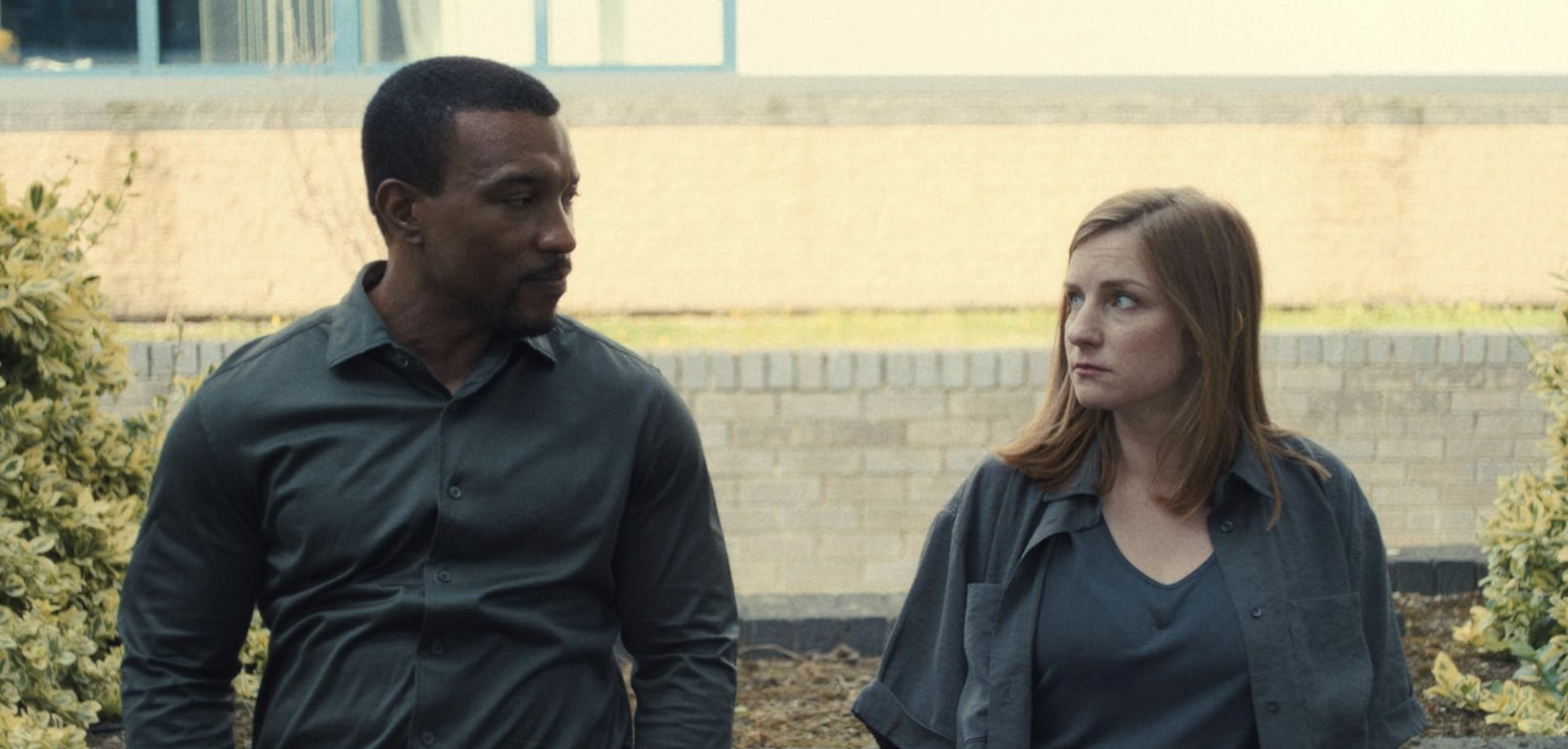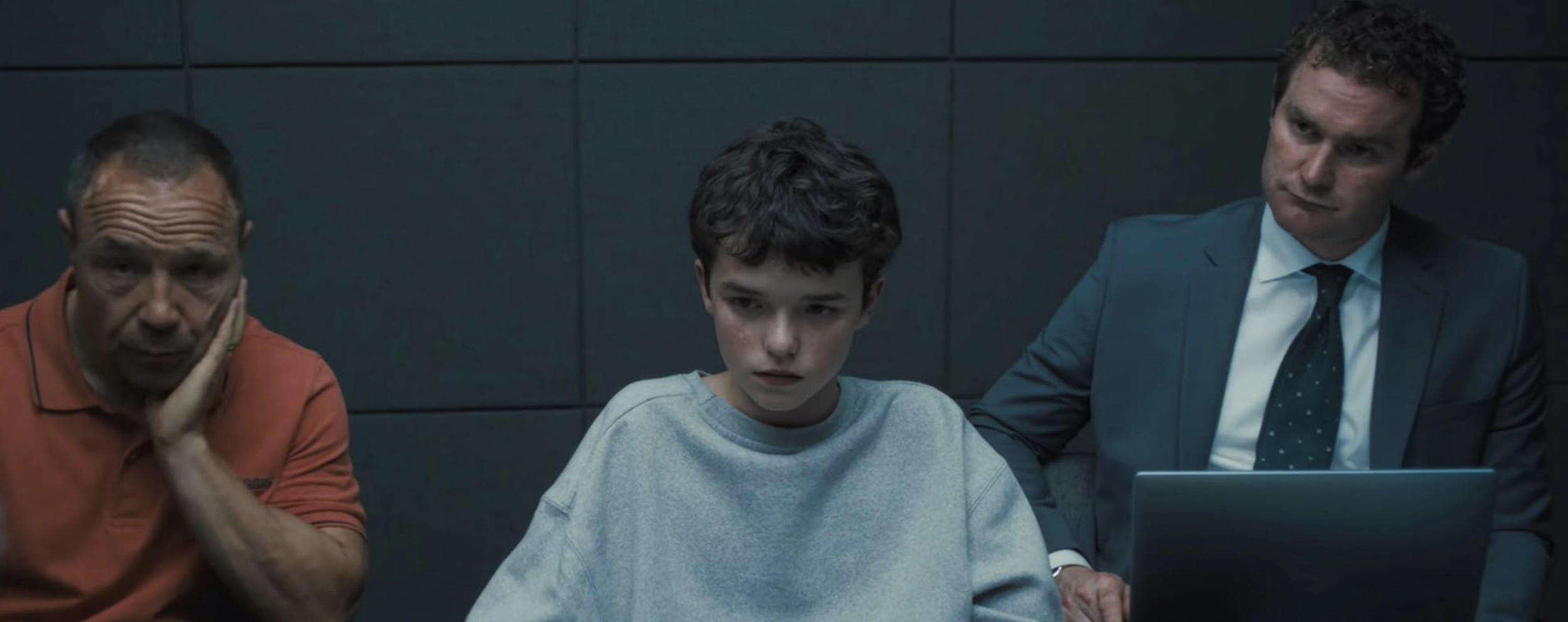Adolescence is Fantastic: Netflix’s Mini-Series Packs an Emotional Punch
Adolescence, Netflix’s four-episode mini-series, is equal parts creative, intense, and thought-provoking. It’s not necessarily the sort of show I’d recommend to everyone, but for viewers with an appetite for more emotional television that isn’t always an easy watch you’d be hard-pressed to find a better program in recent memory.
The show centers on the events that follow a 13-year-old boy being accused of murdering one of his classmates. If you’re in the mood for a typical police whodunit procedural though, you’d better look elsewhere. Adolescence is far from that sort of crime mystery show with twists and turns that invites the audience to try to find out what really happened.
In fact, what really occurred on the evening of the crime isn’t so much what Adolescence is about at all. In actuality, the show explores why what happened occurred.
Earlier in this piece I described the show as following the events that occur after a murder, but that sells-short the unique structure of Adolescence’s story. We’re not so much following many events that cover the entire scope of the case as we are specifically narrowing in on four specific moments in time and watching those moments unfold under a microscope.
The show accomplishes this by filming each of the four episodes as single continuous takes. As each episode is roughly an hour in length, we’re shown four different, hour-long time periods that each occur at different points in the overall story of the case.
The first episode shows when Jamie, the boy accused of murder, is first arrested and taken in for questioning. The second episode features the two detectives we saw in episode one but follows them at Jamie’s school several days later as they gather information. I won’t reveal what episodes three and four are about because I think the surprise of what Adolescence chooses to focus on is an interesting component of the show. I will say though that each episode, while building off of what happens in episodes prior, pretty much stands on its own as a complete mini story.
I think that in lesser hands the filming in one-shot aspect of Adolescence could’ve come across as gimmicky. However, it’s superbly used here. Showing things in real time has the effect of sometimes slowing down an episode’s pace, allowing viewers to sit with what characters are feeling more so than if the show were normally shot and we just jumped from scene to scene.
And, wow, do we feel what characters are experiencing on this show. It’s been a long time since I’ve watched anything that lands such an emotional punch as the wallop that Adolescence delivers.
The mini-series was created by Jack Throne and Stephen Graham. Graham, who also co-wrote each episode, plays the boy’s father on the show. He’s an actor who you may recognize as he’s been in a lot of things, often portraying more brutish characters. Personally, I enjoyed his portrayal of Al Capone on HBO’s Boardwalk Empire. I had no idea though that he was so talented, as both the writing and his performance on this show are fantastic.
Overall, everyone’s acting is great here. With many shows and movies, younger actors often struggle to deliver the level of quality performance that equals those of their older costars. With Adolescence though, everyone does a fantastic job. Characters behave and seem so much like real people, and that’s a big part of the reason I think the series is so effective at eliciting an emotional response.
Adolescence is far from your typical crime drama. It is thought-provoking. It is upsetting. It is not (often) an easy show to watch. But it is supremely worthwhile. It’s unique structure adds to the intense experience of what will certainly be one of the best, most memorable shows of 2025.
Grade: 10/10




